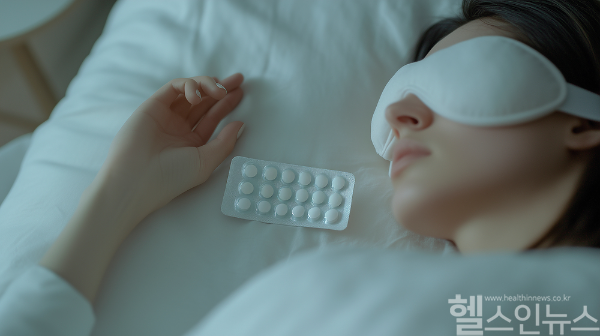Published in the Journal of Korean Medical Science (JKMS), the study compared actual prescription volumes from 2020–2021 with predictive models based on pre-pandemic trends. The results show that younger adults exceeded expected prescription rates for nearly all sleep medications, highlighting the pandemic’s significant impact on sleep health. Insomnia—characterized by difficulty initiating or maintaining sleep—has well-established links to depression, anxiety, and adverse physical health outcomes.
Women and Elderly Lead in Prescription Rates
Over the 12-year study period, insomnia drug prescriptions quadrupled, increasing from about 10.5 million in 2010 to 42.4 million in 2022. Women represented more than 60% of prescriptions, consistently outnumbering men, while the elderly—especially those over 70—recorded the highest overall prescription volumes, suggesting a need for closer monitoring in this population.
Zolpidem was the most frequently prescribed drug, followed by alprazolam (a benzodiazepine) and trazodone (an antidepressant with sedative effects). Overall, non-benzodiazepine drugs dominated prescriptions, though combination regimens with intermediate-acting benzodiazepines and zolpidem were also common.

Surge in Low-Dose Antidepressants and Antipsychotics
The most notable increases occurred in 2020, immediately after the onset of the pandemic. Prescriptions for low-dose antidepressants rose by 38.6% in men and 37.1% in women compared with the prior year. Prescriptions for low-dose antipsychotics also increased, by 28.9% in men and 25.7% in women. In contrast, traditional sleep aids such as zolpidem showed only modest growth.
Dr. Yoo Jin Lee, a professor at Seoul National University Hospital and and lead researcher, observed a steady rise in prescriptions over time, with sharp acceleration during the pandemic. "The notable increase in low-dose antidepressant and antipsychotic use—especially among younger adults—highlights the importance of careful monitoring for safety and side effects," Dr. Lee said.

A First-of-Its-Kind Analysis
This is the first large-scale study in South Korea to compare insomnia drug prescription trends before and after the pandemic against predictive models. The results highlight the pandemic’s lasting impact on sleep and mental health, especially among young adults and the elderly. Experts are urging stronger oversight of psychotropic medication use to protect patient safety.
Lim Hye Jung, HEALTH IN NEWS TEAM
press@hinews.co.kr


